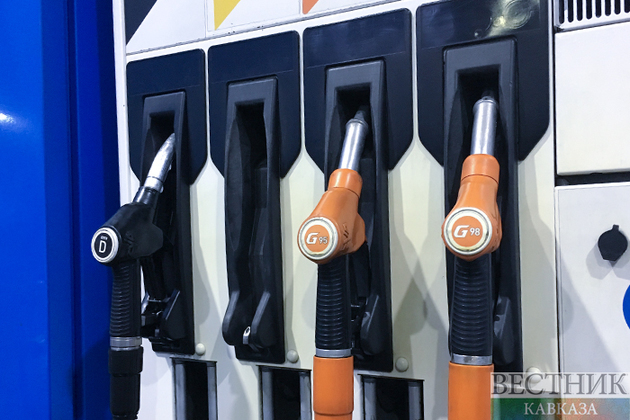Recently, 298 Indian students blockaded near Kharkov were evacuated. In total, more than 13,000 Indians have been brought back as part of its evacuation efforts. But the economic situation in India is also deteriorating. India will raise petrol and diesel prices next week for the first time in more than four months as global crude prices soar after Russia's invasion of Ukraine last week, three government officials said, amid growing concern about inflation.
According to Reuters, Asia's third-largest economy, which imports 80% of its oil needs, faces retail inflation staying above the central bank's tolerance limit of 6% as companies pass on a nearly 40% rise in crude prices since November, as well as rises in prices for other imported raw materials, economists said.
State-run oil companies, which control the domestic market, have not raised prices since Nov. 4, aiming to help Prime Minister Narendra Modi's Bharatiya Janata Party in crucial state assembly elections including in the most populous state of Uttar Pradesh.
"The oil companies would be free to raise prices in a phased manner once the election is over on March 7," a senior government official with the knowledge of internal discussions on oil prices said. Higher fuel prices could lead to some protests but with the important state elections out of the way, the political risk for Modi has been reduced. Opposition parties will push for fuel tax cuts when parliament meets from March 14.
Oil prices surged after Russia started a special operation in Ukraine on Feb. 24, with Brent rising above $116 a barrel on Thursday, while supply disruptions have hit global prices of wheat, soybean, fertiliser and metals like copper, steel and aluminium - raising worries about prices and economic recovery.
State oil companies have told the government that they need a price increase of 10-12 rupees per litre for petrol and diesel, a second official said. A senior official at a state-run oil marketing company confirmed that they were facing difficulites though he declined to give figures. "We are incurring huge losses," the oil marketing company official said.
The government was unlikely to cut fuel taxes to soften the blow, at least before the March 31 end of the fiscal year, considering the impact of that on state revenues, said another senior government official, with knowledge of the budget.
The federal and state governments, which collect over 100% tax on the basic price of petrol and diesel, cut factory gate duties and sales tax on fuel products in November, after a public outcry. "We may consider a proposal to cut fuel tax in April," said the official with knowledge of the budget, referring to the cut in excise duties on petrol and diesel in November.
All three officials declined to be identified as the discussions are confidential. The finance and oil ministries declined to comment.
Growing inflation fears
Economists said a 10% rise in pump prices is likely to push retail inflation by 50-60 basis points through direct and second-order effects, prompting consumers to cut spending on durables and luxury products.
India's retail inflation rose a seven-month high of 6.01% year-on-year in January, crossing the upper limit of the Reserve Bank of India's (RBI) tolerance band, pushed by rising fuel and manufacturing prices. read more
Rising retail fuel prices would have a direct impact on prices of houehold goods and services depending on energy intensity, said Saugata Bhattacharya, chief economist at Axis Bank. "However, the RBI's Monetary Policy Committee (MPC) is unlikely to immediately start tightening monetary policy, given widespread multi-dimensional uncertainties on growth momentum."






